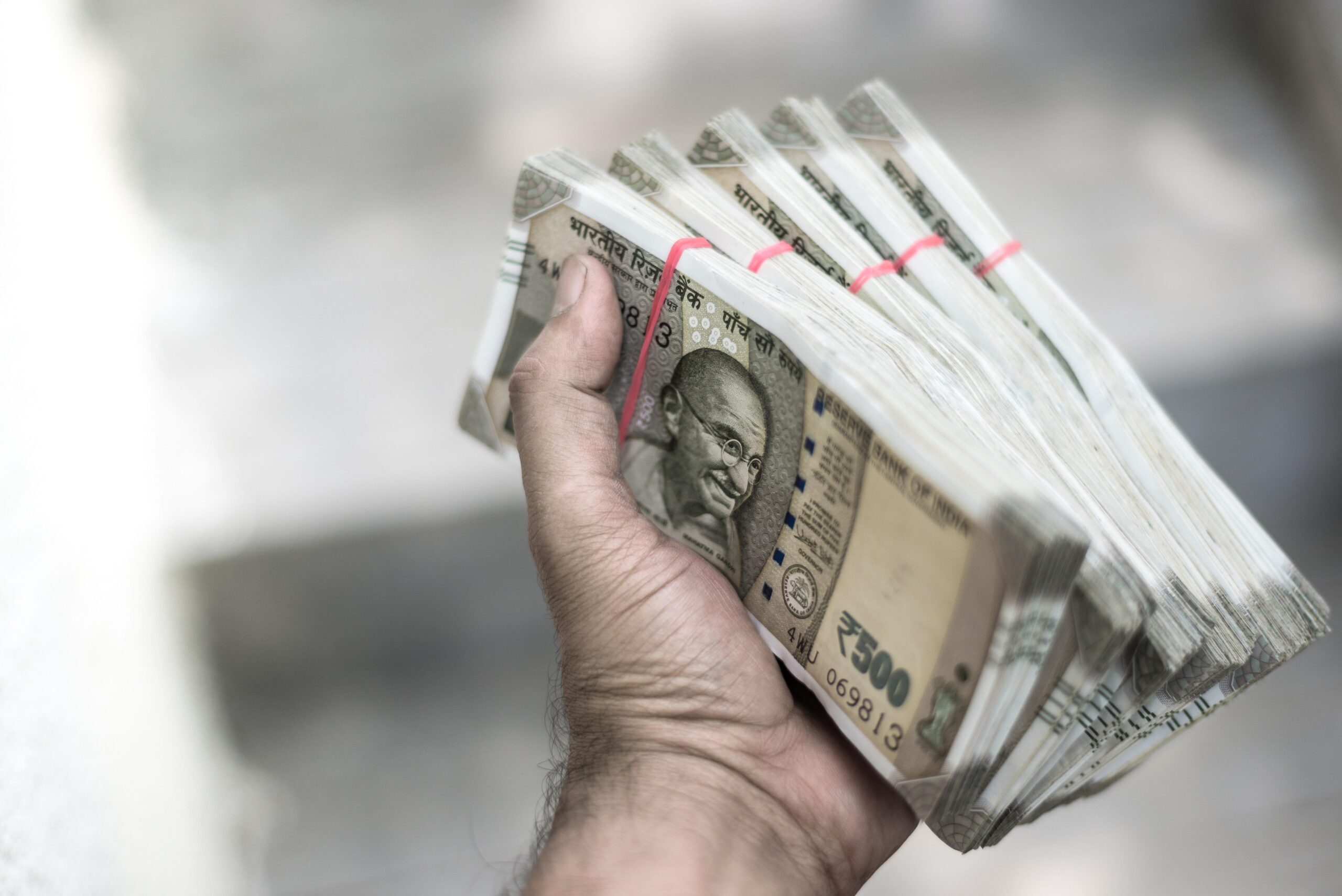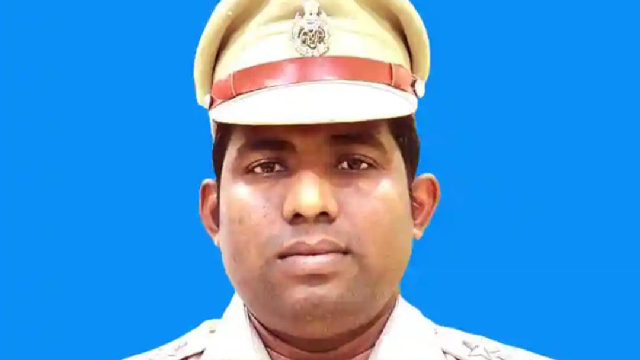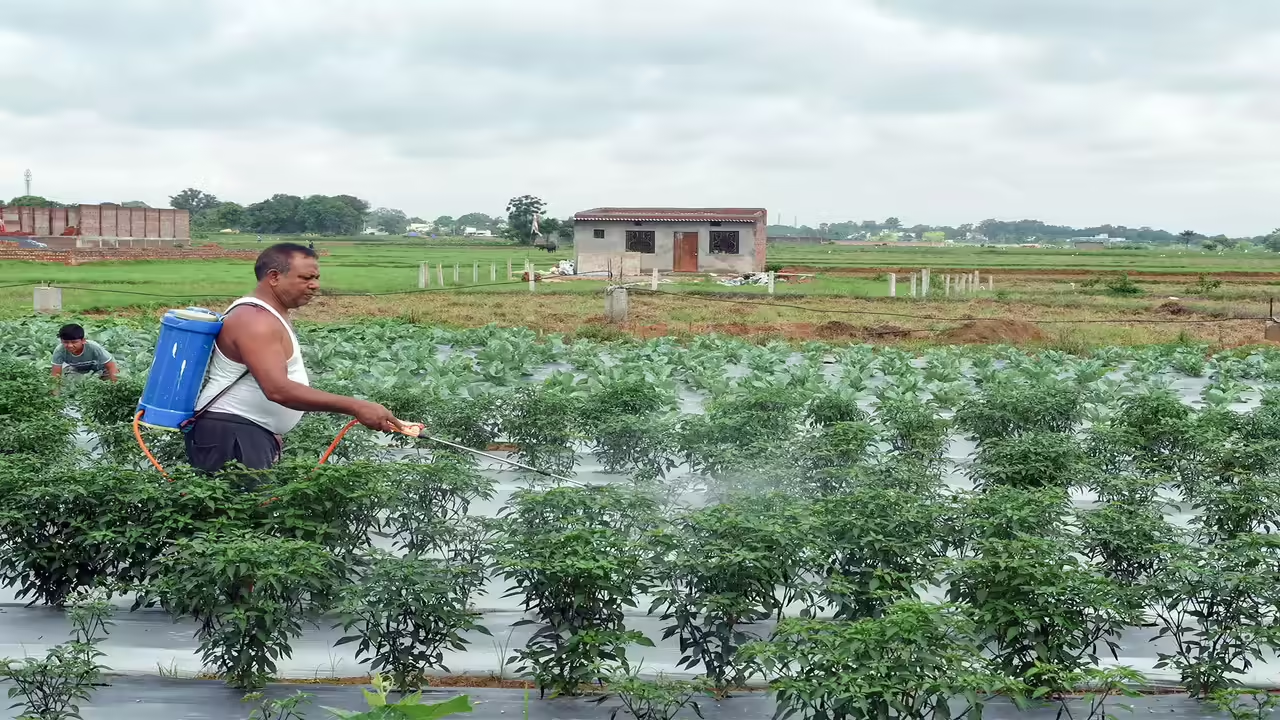Now Reading: Trichy Family Returns ₹20 Lakh Relief, Citing Misuse of Name and Broken Promise
-
01
Trichy Family Returns ₹20 Lakh Relief, Citing Misuse of Name and Broken Promise
Trichy Family Returns ₹20 Lakh Relief, Citing Misuse of Name and Broken Promise

In Trichirapalli district, a widow has returned a relief cheque of ₹20 lakh offered by a political party after a tragic stampede, saying the offer felt hollow without a personal condolence visit. The gesture has sparked debate about how relief is offered to victims and the emotional context behind it.
Background of the incident
The relief was announced for the family of a man who died in the stampede in Karur, where dozens of people lost their lives. The ruling party announced the amount as part of its support for victims’ families. The widow, however, says she and her father-in-law felt left out when the party took other family members—who she says had no connection to her late husband—to a meeting with the leader in Chennai.
Why the family chose to return the money
The widow said she expected a visit to her home in Karur district from the party leader as promised, but that did not happen. Instead, the party met with other relatives. Feeling that her family’s name was used to select someone else for the photo-op, she transferred the ₹20 lakh back via bank channel, marking the payment as an “unknown transaction.” She said she did not want token support without personal empathy.
Broader implications in smaller cities
In smaller towns like Karur and Trichy, where politics and local ties are often intimately linked, support to victims is seen not just as money but as acknowledgement of their loss. When political outreach feels transactional, trust breaks down. For many families, what matters is legitimacy, recognition and genuine empathy—not just a cheque.
Questions about relief-distribution practices
The episode raises questions about how political parties and organisations distribute relief benefits. Eligibility criteria, method of selection, communication with families, and the symbolism of personal visits all matter. When families feel bypassed or misrepresented, the gesture may backfire. Ensuring transparency and dignity might matter as much as the amount given.
Conclusion
Relief in the wake of tragedy is more than a number—it’s about presence, recognition and respect. For the widow in Trichy who returned the cheque, the act was a statement: genuine condolence matters more than publicity. In India’s smaller cities, where community ties are strong, the emotional dimension of aid can be as important as the material one.

























